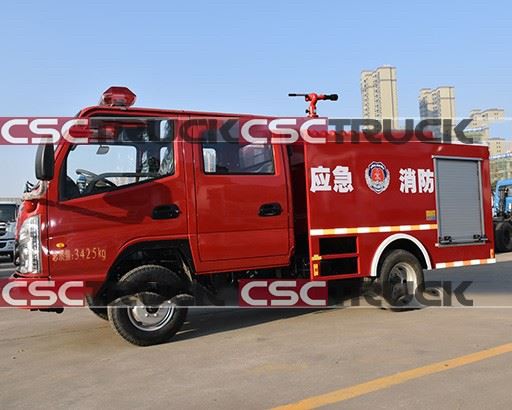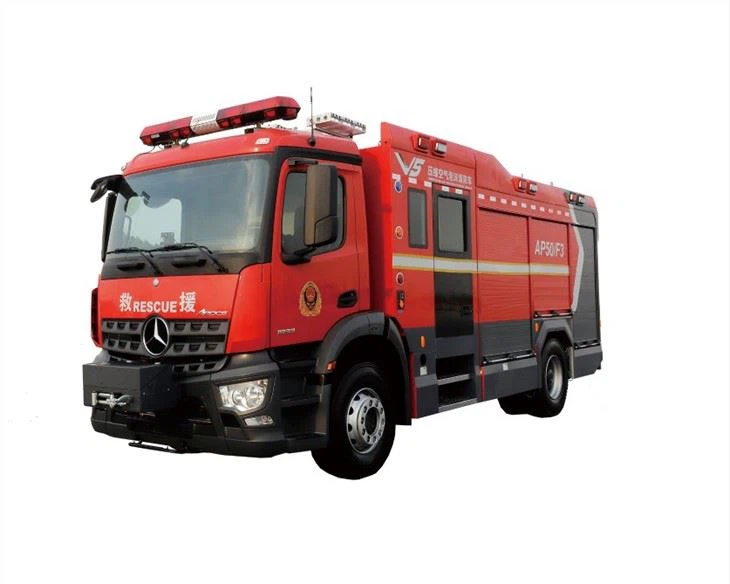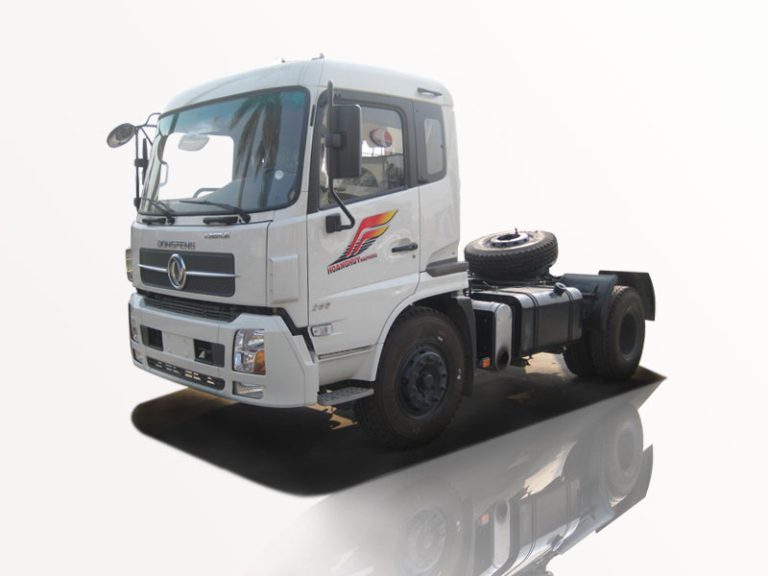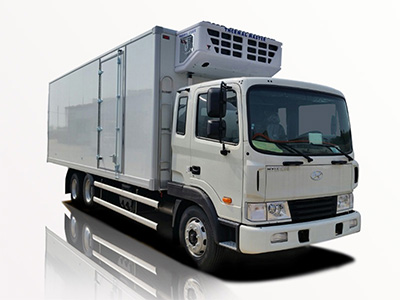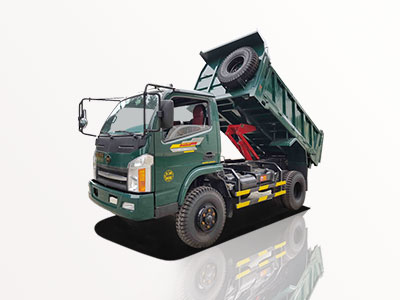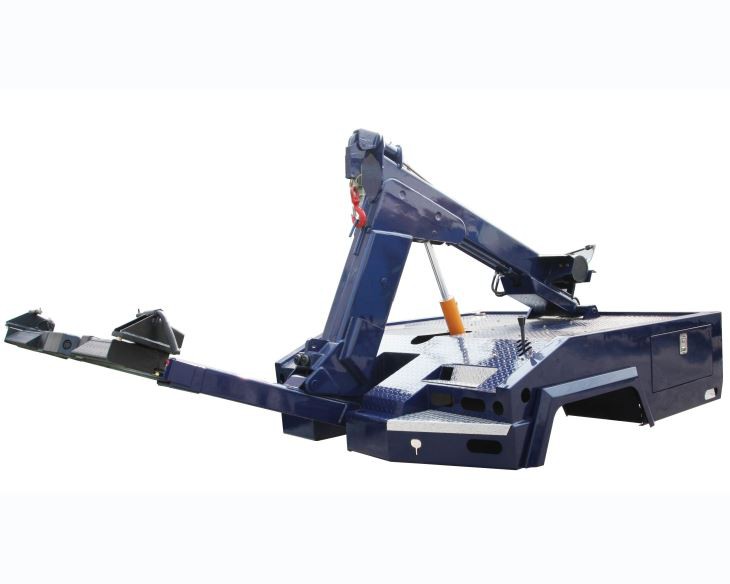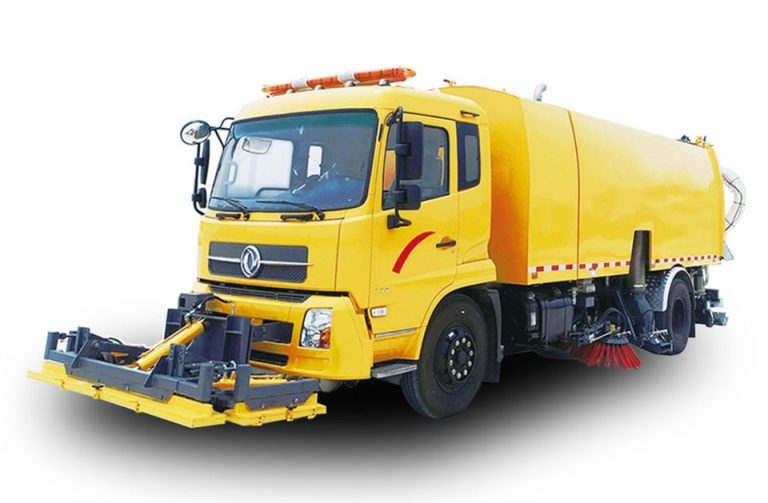Introduction
Efficient waste management is crucial for maintaining clean environments and sustainable cities. At the core of this system lies the rubbish collection truck. These vehicles play an essential role in the collection and transport of waste materials from households, businesses, and public spaces. Understanding the functionality, types, and innovations surrounding rubbish collection trucks can help communities optimize their waste management processes. In this comprehensive guide, we will explore the various aspects of rubbish collection trucks, including their types, functions, environmental impact, and tips for effective waste disposal.
1. What is a Rubbish Collection Truck?
A rubbish collection truck is a specialized vehicle designed to collect and transport waste materials. They come equipped with various features that ensure efficient loading, compacting, and unloading of waste. The design and function of these trucks vary based on the type of waste they handle and the infrastructure of the area they service.
1.1 Features of Rubbish Collection Trucks
- Compaction Mechanism: Most rubbish collection trucks are equipped with a compaction system that compresses waste, maximizing the payload and reducing trips to disposal sites.
- Lift Systems: Many models include hydraulic lifts that assist in picking up waste containers without manual labor.
- Safety Features: Rubbish collection trucks are designed with safety in mind, including mirrors for enhanced visibility and alarm systems to ensure pedestrian awareness.
2. Types of Rubbish Collection Trucks
Rubbish collection trucks come in various types, each suited to different waste collection needs. Here are the most common types:
2.1 Front Loader Trucks
Front loader trucks have specialized designs with forks at the front, designed to lift and empty large dumpsters. They are widely used in commercial waste collection due to their efficiency and capacity to handle heavy loads.
2.2 Rear Loader Trucks
Rear loader trucks feature an opening at the back where waste is loaded. These are common for residential areas as they allow for easy access for collectors and can handle various types of waste.
2.3 Side Loader Trucks
Side loader trucks collect waste using a mechanical arm on one side, which can pick up bins from the curb. They are ideal for areas with limited space and can be operated by a single driver.
2.4 Roll-off Trucks
Roll-off trucks have a container that can be removed and replaced easily. These are typically used for construction sites and large-scale waste management projects.
3. The Role of Rubbish Collection Trucks in Waste Management
Rubbish collection trucks are integral to the waste management ecosystem. They not only serve to collect and transport waste but also facilitate various waste management strategies, including recycling and composting.
3.1 Recycling Initiatives
Many municipalities are implementing recycling programs where rubbish collection trucks are modified to separate recyclables from general waste during collection. This enhances recycling rates and reduces landfill waste.
3.2 Community Engagement
Effective waste management relies on community participation. Rubbish collection trucks often serve as a focal point for community awareness campaigns, educating residents about proper waste disposal practices.
4. Environmental Impact of Rubbish Collection Trucks
The environmental implications of rubbish collection trucks are significant, as improper practices can lead to increased pollution and waste management challenges. However, advancements in technology are leading to greener alternatives.
4.1 Emission Concerns
Traditional rubbish collection trucks typically run on diesel fuel, contributing to greenhouse gas emissions. However, many cities are transitioning to electric or hybrid models to mitigate this impact.
4.2 Noise Pollution
The operation of rubbish collection trucks can generate considerable noise, especially during early morning collections. Implementing quieter technologies and optimizing collection schedules can help address this issue.
5. Innovations in Rubbish Collection Trucks
Recent years have seen a surge in innovations aimed at enhancing the efficiency and environmental performance of rubbish collection trucks.
5.1 GPS and Route Optimization
Modern rubbish collection trucks are often equipped with GPS technology that allows for real-time route optimization. This reduces fuel consumption and enhances operational efficiency.
5.2 Automated Collection Systems
Innovations such as automated waste collection systems are being explored, where the need for manual labor is minimized, and trucks can operate autonomously for safer and more efficient waste collection.
6. Practical Tips for Efficient Rubbish Collection
To ensure rubbish collection processes are effective, here are practical tips for residents and waste management authorities:
6.1 Proper Waste Segregation
Encourage residents to separate recyclables from general waste. Providing clear signage on waste bins can aid in this process.
6.2 Regular Maintenance of Trucks
Routine maintenance of rubbish collection trucks is crucial. This ensures they operate efficiently and reduces the likelihood of breakdowns, which can disrupt services.
6.3 Community Education Programs
Local governments should develop educational programs that inform citizens about proper waste disposal methods, the importance of recycling, and community clean-up events.
7. Cost Considerations for Rubbish Collection Services
The cost of rubbish collection services can vary based on several factors, including truck type, service frequency, and municipal policies.
7.1 Budgeting for Waste Management
When budgeting for rubbish collection, municipalities need to consider factors such as operational costs, maintenance, and potential investments in eco-friendly technologies.
7.2 Pricing Models
| Pricing Model | Description |
|---|---|
| Flat Rate | A fixed fee charged for rubbish collection regardless of volume. |
| Pay-As-You-Throw | Charges based on the amount of waste disposed of, incentivizing waste reduction. |
| Tiered Pricing | Fees increase with the volume of waste collected, promoting recycling. |
8. Common Challenges in Rubbish Collection
While rubbish collection trucks are essential for waste management, several challenges arise during operation.
8.1 Infrastructure Limitations
Poor infrastructure, such as narrow streets or inadequate waste disposal locations, can hinder efficient rubbish collection. Addressing these issues is necessary for optimization.
8.2 Public Awareness and Compliance
Despite efforts, many residents may still be unaware of proper waste disposal practices. Continuous community outreach is vital for improving compliance.
9. Future Trends in Rubbish Collection
As urban areas evolve, the future of rubbish collection trucks is expected to reflect advancements in technology and changing environmental priorities.
9.1 Electric and Hybrid Trucks
The adoption of electric and hybrid rubbish collection trucks is on the rise, leading to reduced emissions and lower operating costs in the long term.
9.2 Smart Waste Management Systems
Integrating Internet of Things (IoT) technologies could lead to smarter waste collection, where trucks can communicate with waste bins about their fill levels, optimizing collection routes and schedules.
10. FAQ About Rubbish Collection Trucks
10.1 What types of waste can rubbish collection trucks handle?
Rubbish collection trucks can handle a wide variety of waste materials, including household waste, recyclables, yard waste, and construction debris, depending on their design and capacity.
10.2 How often do rubbish collection trucks come around?
The frequency of rubbish collection varies by municipality and can range from daily to weekly, based on local regulations and the volume of waste generated in the area.
10.3 Are there eco-friendly rubbish collection trucks?
Yes, many municipalities are adopting eco-friendly rubbish collection trucks, including electric and hybrid models that reduce fuel dependency and emissions.
10.4 What should I do if my rubbish was not collected?
If your rubbish was not collected, check your local waste management schedule and guidelines. If it seems to be an error, contact the waste management authority for clarification.
10.5 Can residents request a special pickup for large items?
Many waste management services offer special pickups for large items, but this needs to be arranged in advance. Residents should check with their local waste authority for options.
10.6 How can I educate my community on waste management?
Organizing community workshops, distributing educational materials, and collaborating with local schools can enhance awareness about effective waste management practices.
